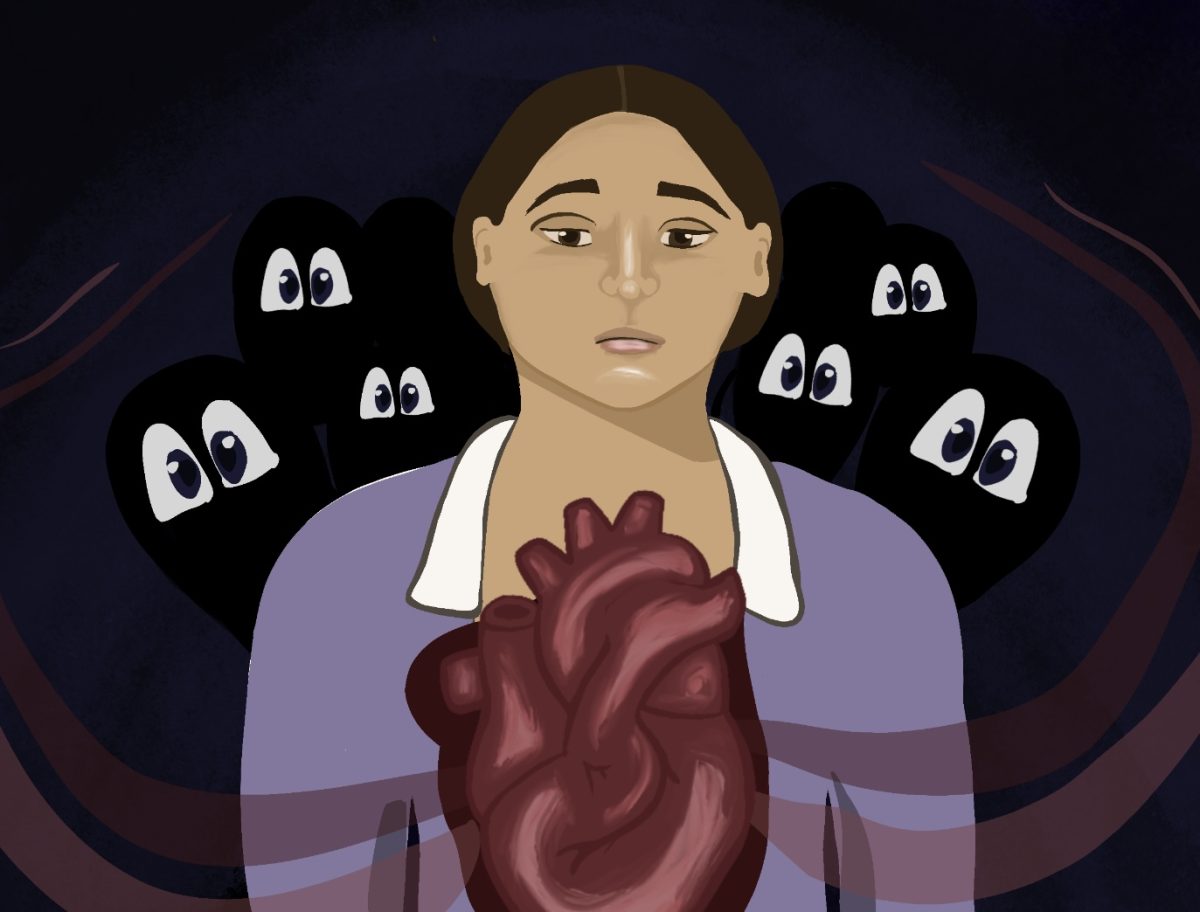By the time you get to the end of this sentence, a person will have died from something our laws could have prevented. Every six seconds, one person dies from a tobacco-related disease. It’s time Austin did more to deter tobacco use.
San Antonio recently became the first city in Texas to raise the legal age for buying tobacco to 21. This comes in the wake of five states and more than 280 cities across the nation enacting similar measures. Austin has adopted other strategies to prevent tobacco use such as raising tobacco taxes and establishing smoke-free laws that include the UT campus. But raising the legal age for buying tobacco to 21 is a logical next step.
National data shows that nine out of 10 adult smokers began smoking before the age of 21. This is mostly due to the $8.9 billion tobacco companies spend on advertising each year. Most of this advertising is intentionally marketed to young adults since they are more susceptible to cigarette advertising than adults. Furthermore, children are more vulnerable to nicotine addiction than adults because of their developing brains.
Steven Kelder, professor of epidemiology, said that “there’s very few things we can do to ourselves that is more harmful than smoking cigarettes.” They are linked to cancer, heart disease and strokes, and they’ve become the number one preventable cause of death in the United States. Moreover, despite misconceptions to the contrary, e-cigarettes, or vapes, are not exempt from criticism. The most popular vape among high school and college students, the JUUL, has the highest nicotine content of all the devices you can buy. “When you ingest chemicals like nicotine, it makes it more likely you’ll want other substances such as cocaine,” Kelder said. “That’s why nicotine is called a gateway drug.”
Increasing the age of sale adds one more valuable barrier for preventing kids from purchasing e-cigarettes and tobacco. The current age of purchase in Austin is 18 years old. Despite this, national data shows that 46 percent of adult smokers become daily smokers before the age of 18. Raising the age of purchase to 21 will help end this epidemic of underage smoking.
Most kids under 18 who smoke get their cigarettes from people in their same social groups that are of legal age to purchase tobacco. Very few high school-age students, however, know someone 21 or older who would be willing to illegally purchase tobacco for them. Therefore, raising the legal age of purchase to 21 cuts off a vast majority of underage smokers’ tobacco supply.
We’ve seen that this works. For instance, when a town in Massachusetts raised the age of purchase to 21, high school teen smoking rates dropped to nearly half compared with other towns nearby that maintained the current restriction. That’s a lot of lives saved.
Currently, according to the Centers for Disease Control and Prevention, about seven in 10 U.S. adults support raising the smoking age to 21, including 69.9 percent of current smokers. Smokers and non-smokers alike understand that we should do everything we can to save children’s lives. Every day, about 350 kids under 18 become regular smokers. Of those, one in three will eventually die as a result. The sooner we raise the legal age of purchasing tobacco to 21, the more children we can save who will otherwise die needlessly and prematurely.
Zaher is a government and European thought sophomore from Hudson. Follow him on Twitter @zaher_tarek.


















